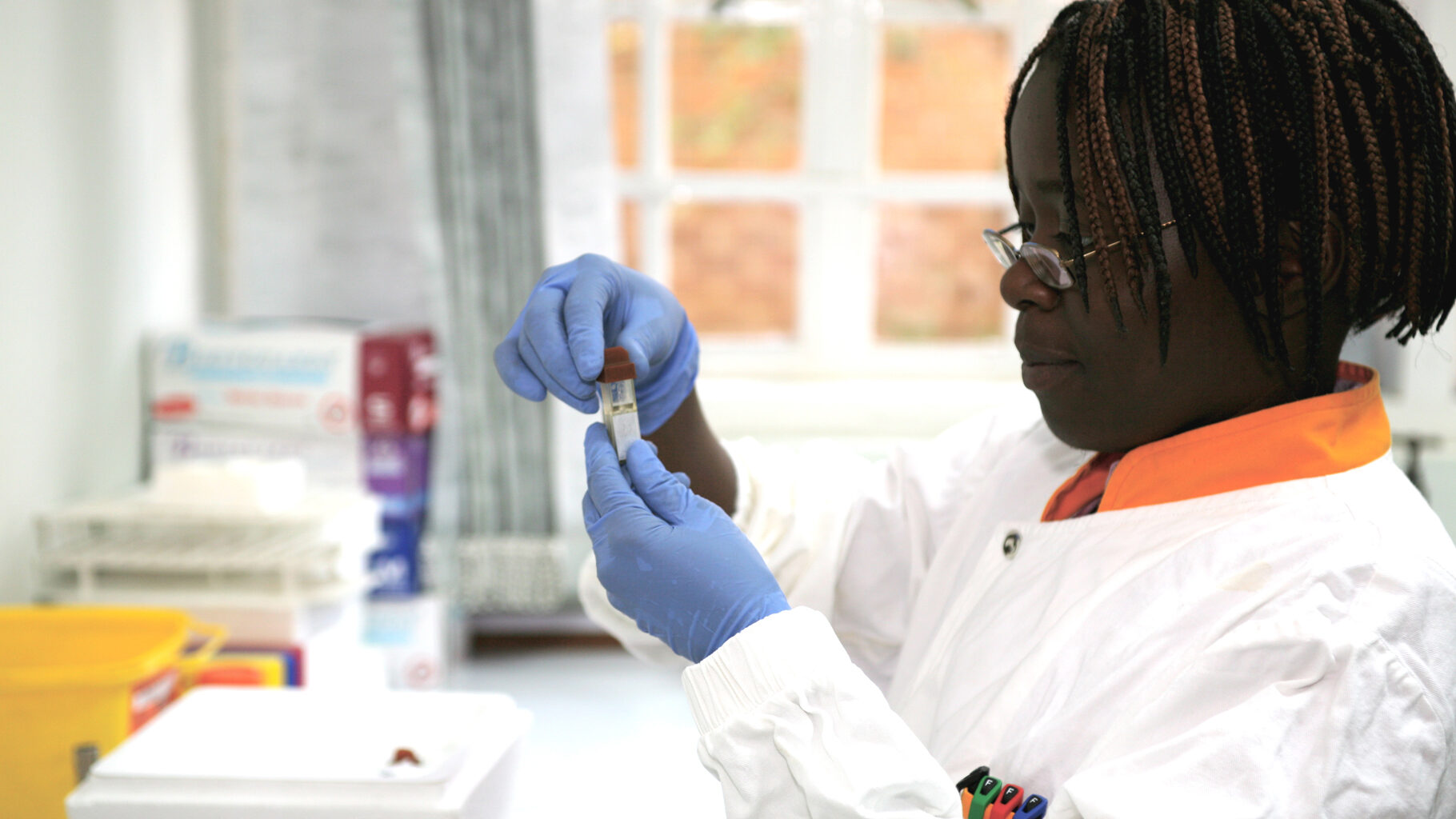Contents
Table of contents
How can genomics help us defeat meningitis?
Whole genome sequencing is a cutting-edge technology that studies the genetic make-up of the bacteria that cause meningitis. This genomic information can tell us how closely related different meningitis bacteria are which is crucial when tracking and tracing meningitis outbreaks, whether strains are covered by available vaccines and whether they are resistant to antibiotics.

How does country income status affect access to meningitis genomics?
Low-income, high-burden countries have the least access to potentially life-saving meningitis genomics
Currently only few countries have access to, and allocate the resources to perform whole genome sequencing on meningitis causing bacteria, which limits our understanding of the disease. Expanding genomic surveillance globally, and especially in low- and middle-income-countries with many meningitis cases, is essential for the effective control of meningitis.
This visualisation shows the relationship between the number of genomes submitted to the Global Meningitis Genome Library (GMGL), the estimated meningitis cases within a country and country wealth. You can filter between different counties, World Health Organization (WHO) regions and the four main bacterial causes of meningitis.
Citing our work
We welcome you using our data to advocate for and raise awareness of meningitis. However, when citing this information please include references to underlying data sources, as this important work relies on many different people and organisations.
Meningitis Research Foundation (MRF). (2024). Meningitis Progress Tracker | Meningitis Research Foundation.
www.meningitis.org. https://www.meningitis.org/mpt
Want to support our work?
Your donation for meningitis research drives vital advancements in prevention, treatment, and public health education, saving lives and fostering hope for a future free from this devastating disease. Join us in the fight against meningitis today to make a tangible difference in the lives of individuals and communities worldwide.





